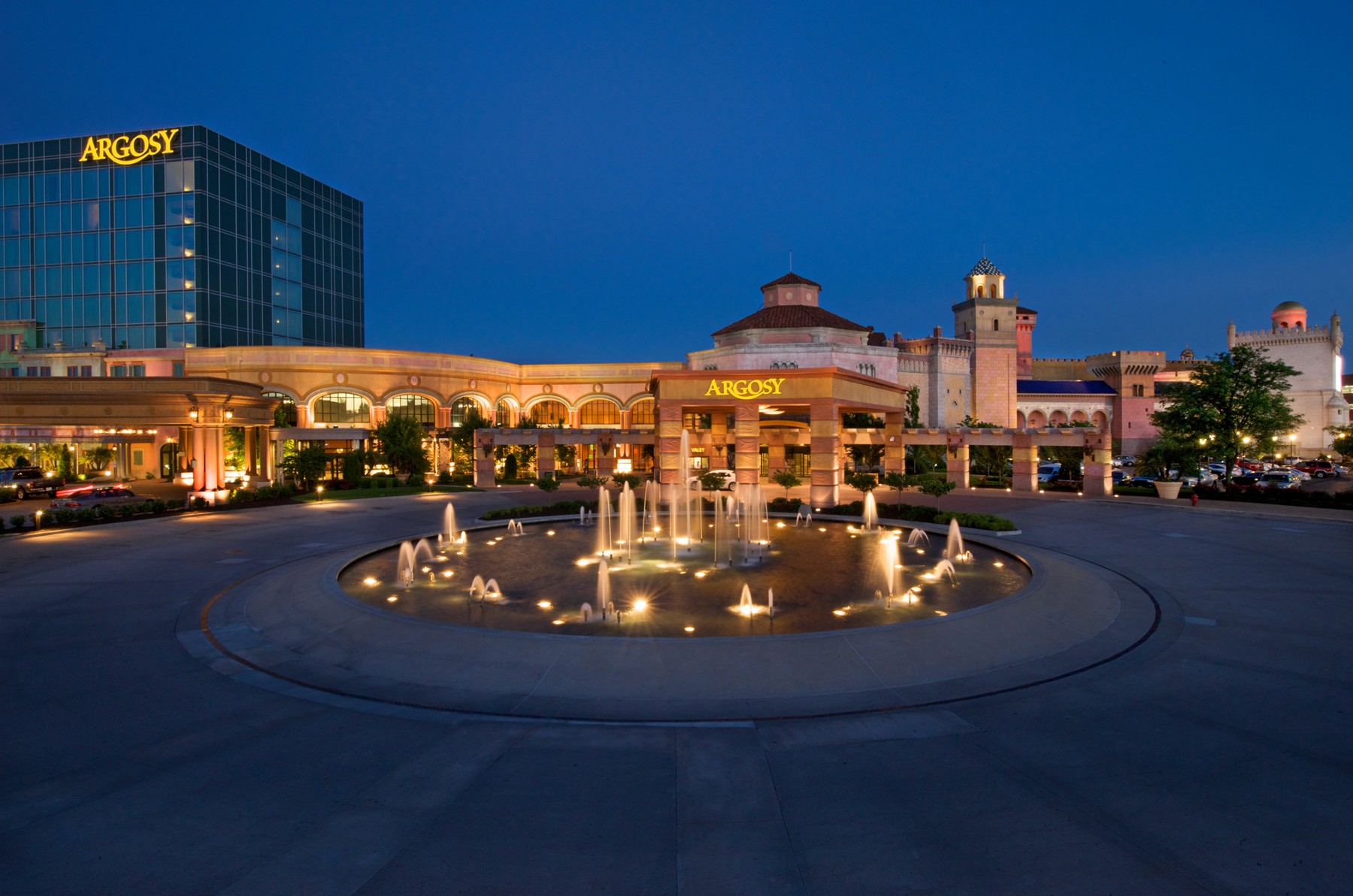Missouri Casino Workers Can Sue Penn National for Wage Violations, Federal Judge Rules
Posted on: September 28, 2021, 07:38h.
Last updated on: September 28, 2021, 05:29h.
A federal judge in Missouri has ruled employees at the Argosy Casino Riverside and the Hollywood Casino St. Louis can bring a class-action lawsuit against operator Penn National Gaming (PNG). The plaintiffs assert PNG engaged in “unlawful wage and hour practices” that violated federal and state laws.

According to the lawsuit, the operator deducted costs to obtain and maintain state-issued gaming licenses from employees’ wages. This brought some workers’ pay below the federally mandated $7.25 per hour minimum wage — a violation of the federal Fair Labor Standards Act (FSLA) and the Missouri Minimum Wage Law (MMWL), the plaintiffs argue.
Under the FLSA, employers may only deduct costs from their employees’ wages if it is primarily for the benefit of employees. But the lawsuit contends that gaming licenses are primarily for the benefit of the employer, per a federal judge’s ruling in a similar claim brought in 2019 against Pinnacle Entertainment.
‘Reckless Disregard’
At the time of that ruling, Pinnacle had just been acquired by PNG, which suggested awareness. The company either “knew of the specific FLSA requirements and prohibitions at issue at the time of the alleged violations and intentionally did not comply with them, or showed reckless disregard for the matter of whether their conduct violated the FLSA,” the lawsuit states.
In addition, PNG is accused of creating a mandatory tip-sharing policy that required table games dealers to pool their tips. These would then be distributed among the dealers and certain other non-tipped staff members.
The plaintiffs claim that, again, this meant some dealers were taking home below the minimum wage. The practice “violates the express language of the FLSA prohibiting tip pooling whereby employees ‘who customarily and regularly receive tips’ share tips with non-tipped employees who do not,” according to the lawsuit.
Wynn Dealers’ 12 Year Fight
Dealers who worked at the Wynn Las Vegas have been engaged in a 12-year legal battle with Wynn Resorts over a similar tip-sharing scheme.
The case made it all the way to the US Supreme Court, which in June batted it back to the district court. However, the nuances of that case are slightly different, because Wynn Resorts pays its dealers a basic wage that is higher than the federal standard.
Plaintiffs in the Penn National case are seeking redress where wages have fallen below the minimum wage, plus unspecified compensatory damages, legal costs, and “any further relief that the court may deem justifiable and equitable.” In addition to federal and state law violations, the suit claims breach of contract and unjust enrichment.
The court found the plaintiffs had satisfied their burden for class-action. Anyone employed at either of the two casinos from September 15, 2018, onwards who earned the minimum hourly wage or less can join the suit, as can all table games dealers who were impacted by the tip-sharing pool.
Related News Articles
Most Popular
Las Vegas Overstated F1 Race’s Vegas Impact — Report
Vegas Strip Clubs Wrestle in Court Over Animal Names
Most Commented
-
End of the Line for Las Vegas Monorail
— April 5, 2024 — 90 Comments -
Mega Millions Reportedly Mulling Substantial Ticket Price Increase
— April 16, 2024 — 6 Comments -
Long Island Casino Opponents Love New York Licensing Delays
— March 27, 2024 — 5 Comments
















No comments yet